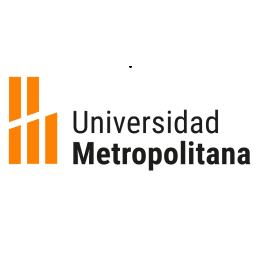Columbus celebrates with great satisfaction the successful hosting of the Blended Summer School 2024, in which 38 students from 12 universities and 7 Latin American countries participated.
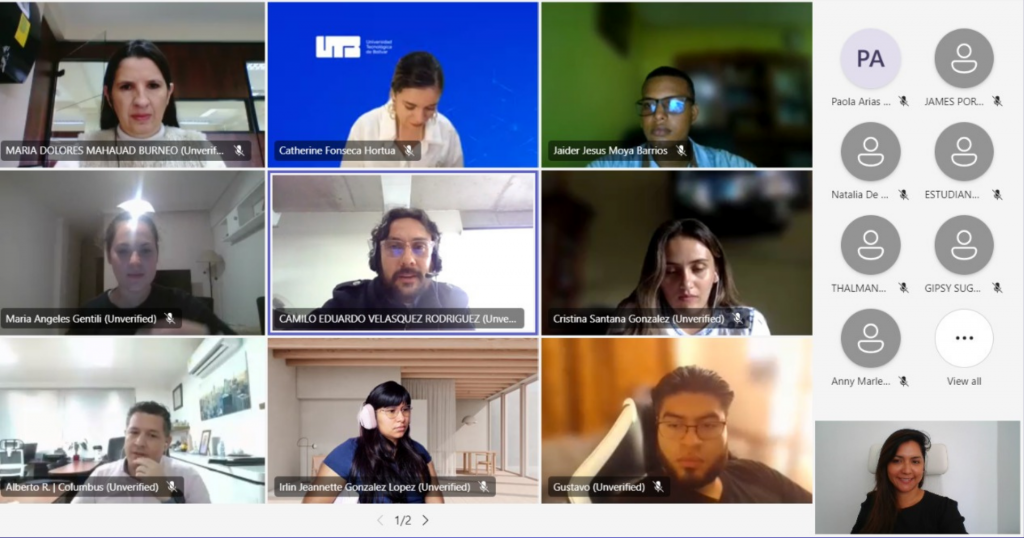
This initiative represents a significant commitment to pedagogical innovation, internationalization and contribution to the Sustainable Development Goals (SDGs). The Blended Summer School was inspired by the results of the INVITE Project, for the design of BIP – Blended Intensive Programs, and was supported by the universities that make up the Columbus Hub Academy. These programs seek to enhance learning spaces by combining virtual and face-to-face phases and maximizing the possibilities of international and intercultural collaboration. The face-to-face phase was developed under the Hackathon methodology and was led by the Creativity and Innovation Laboratory – El Patio, of the Technological University of Bolivar, in Cartagena, Colombia.
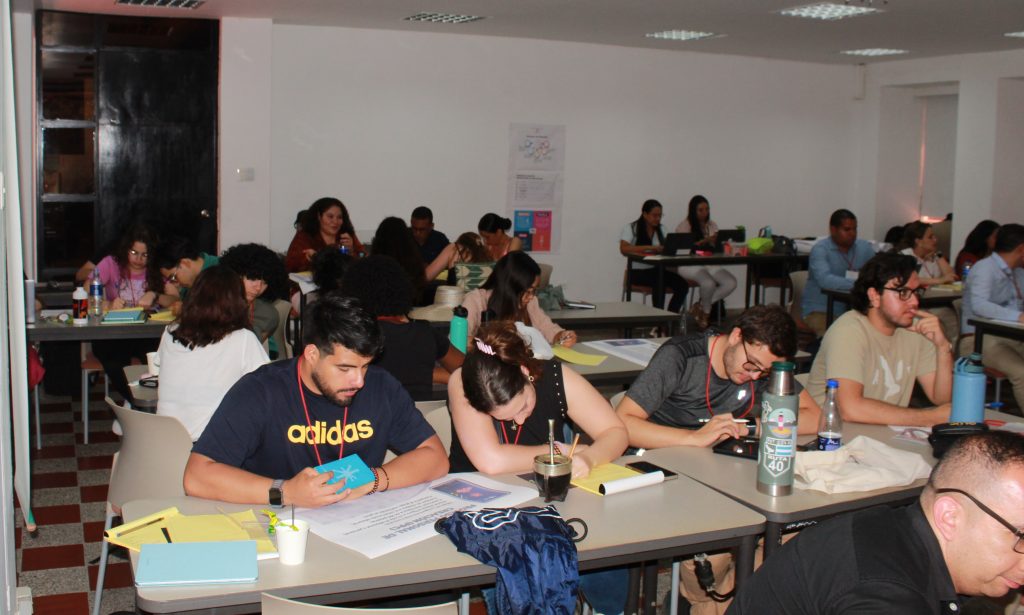
We are proud of the great reception and international appeal of this program, which was attended by students from Argentina, Colombia, Costa Rica, Ecuador, Mexico and Peru. The professors of the collaborating universities, such as the Universidad Nacional de Córdoba in Argentina, the Corporación Educativa Minuto de Dios Parque Científico de Innovación Social in Colombia, the Universidad Técnica Particular de Loja in Ecuador, the Universidad de Guadalajara in Mexico and the UADY (Universidad Autónoma de Yucatán) in Mexico, professors Abel Diaz González and Luis Carlos Arraut Camargo of the Laboratorio de Creatividad e Innovación El Patio, played a crucial role in the success of the program.
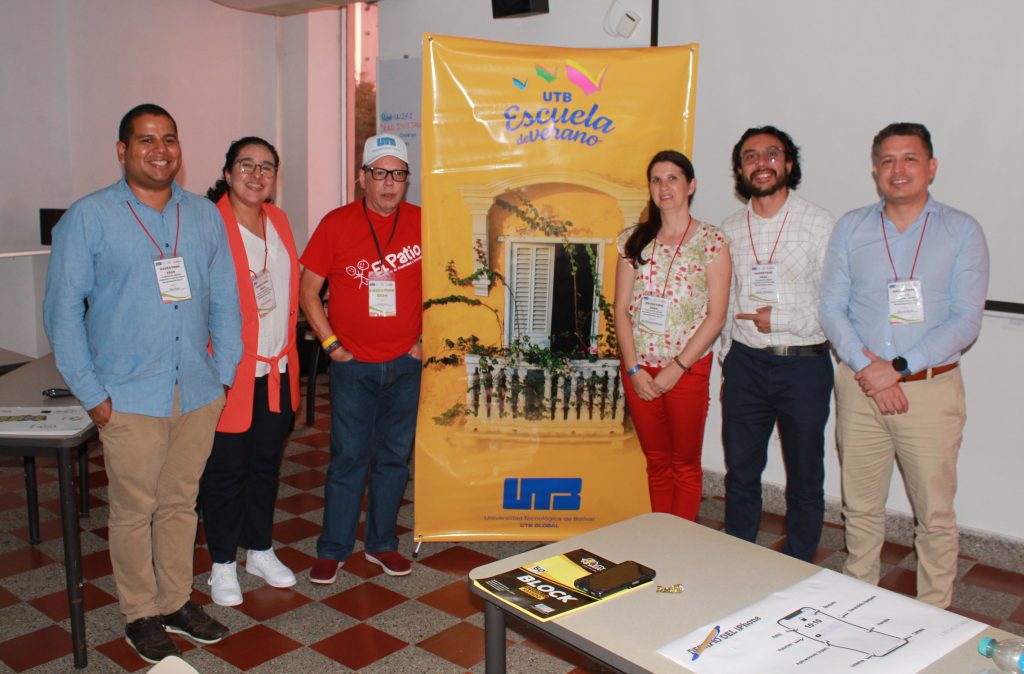
During the classroom phase, students applied the theory learned in the 8 previous modules, working in groups that facilitated understanding and collaboration in Cartagena. They were 4 intense days in which they tested their ability to solve challenges and sustainable development goals (SDGs), designing and developing prototypes that seek to achieve these goals.
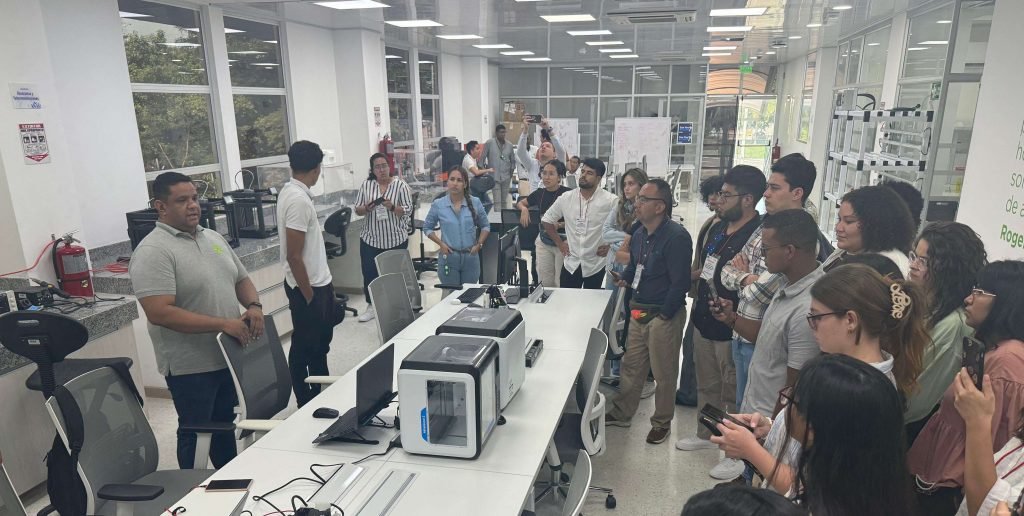
From the Columbus Association, we thank the member universities that participated in this initiative. We are sure that it will not be the last one to be implemented, let’s go for more!
Columbus Association, july 25, 2024.

